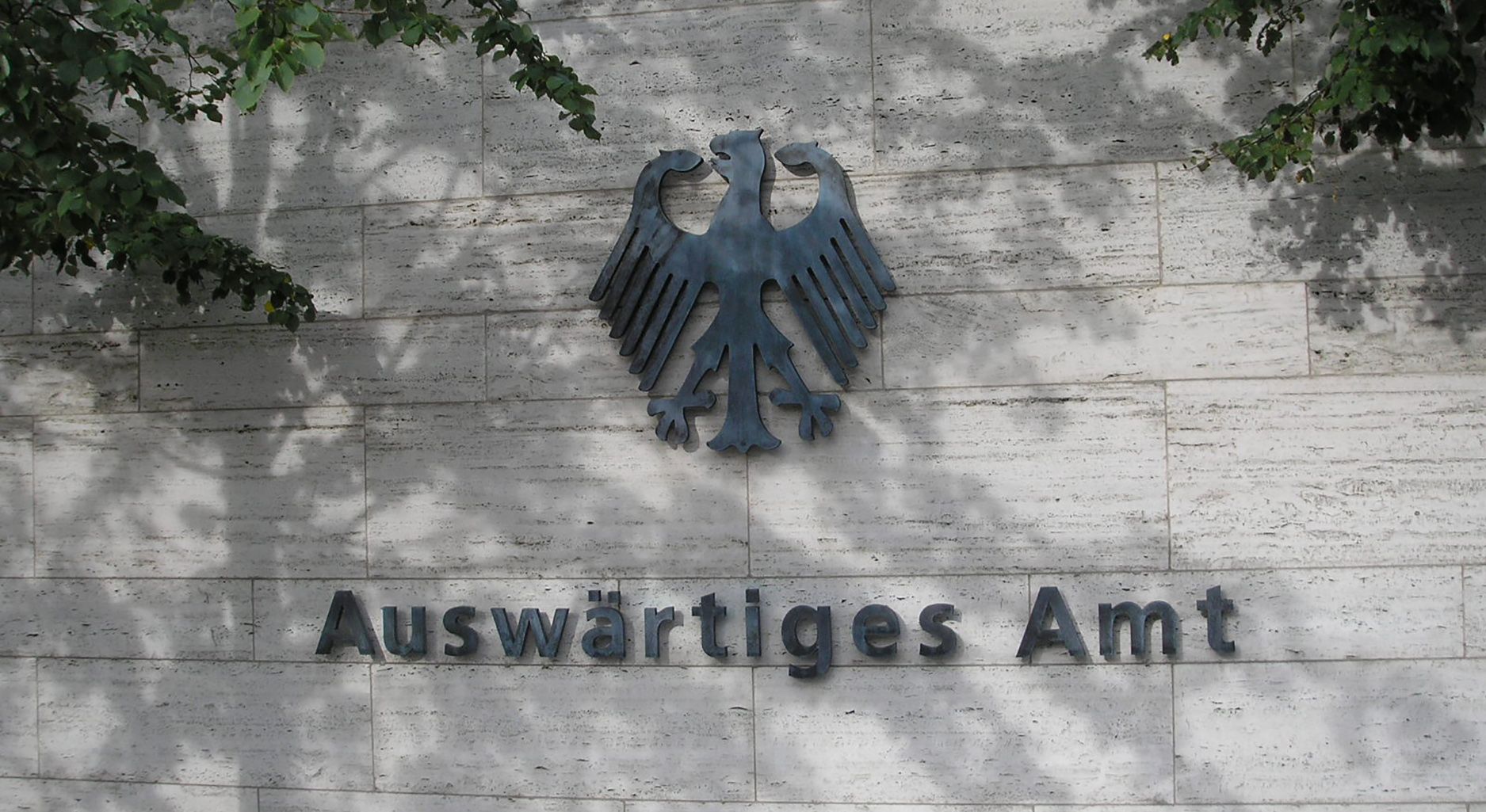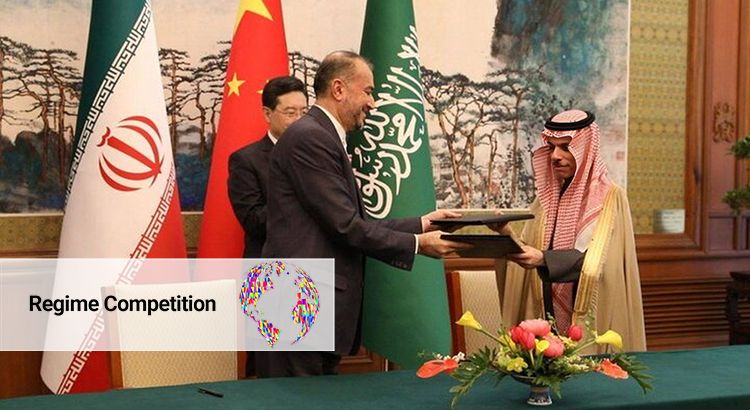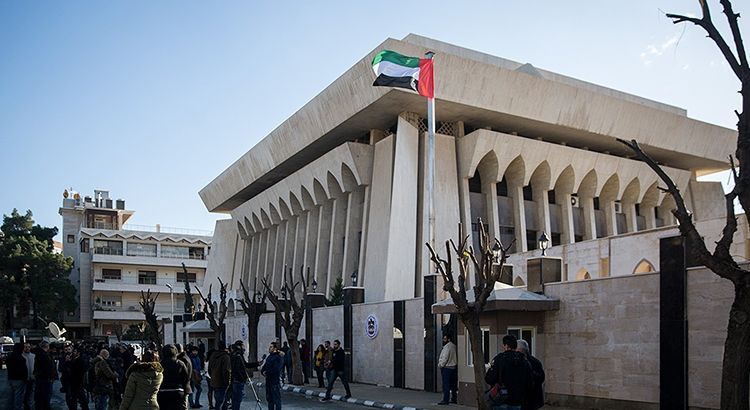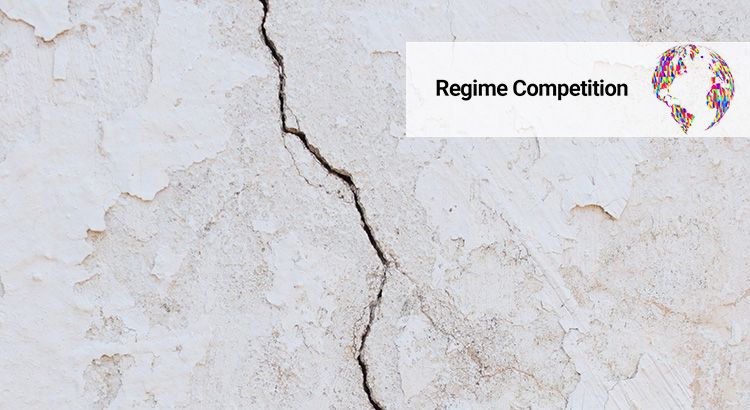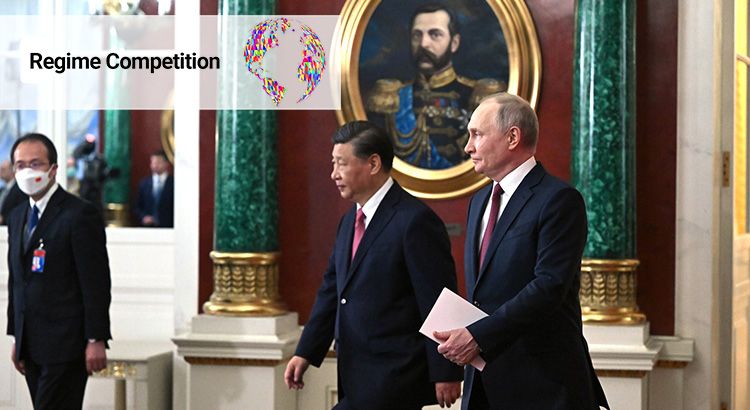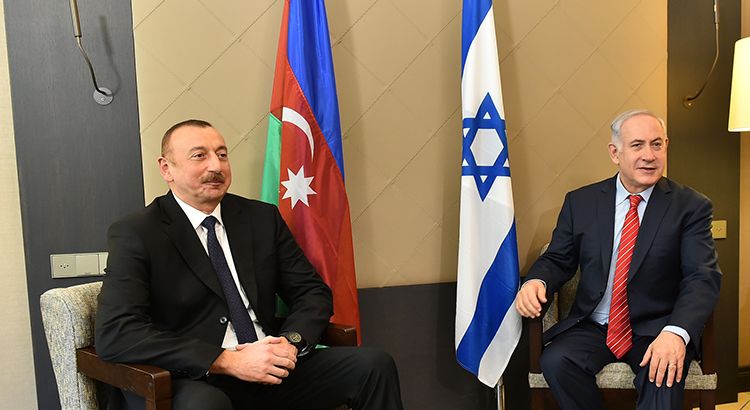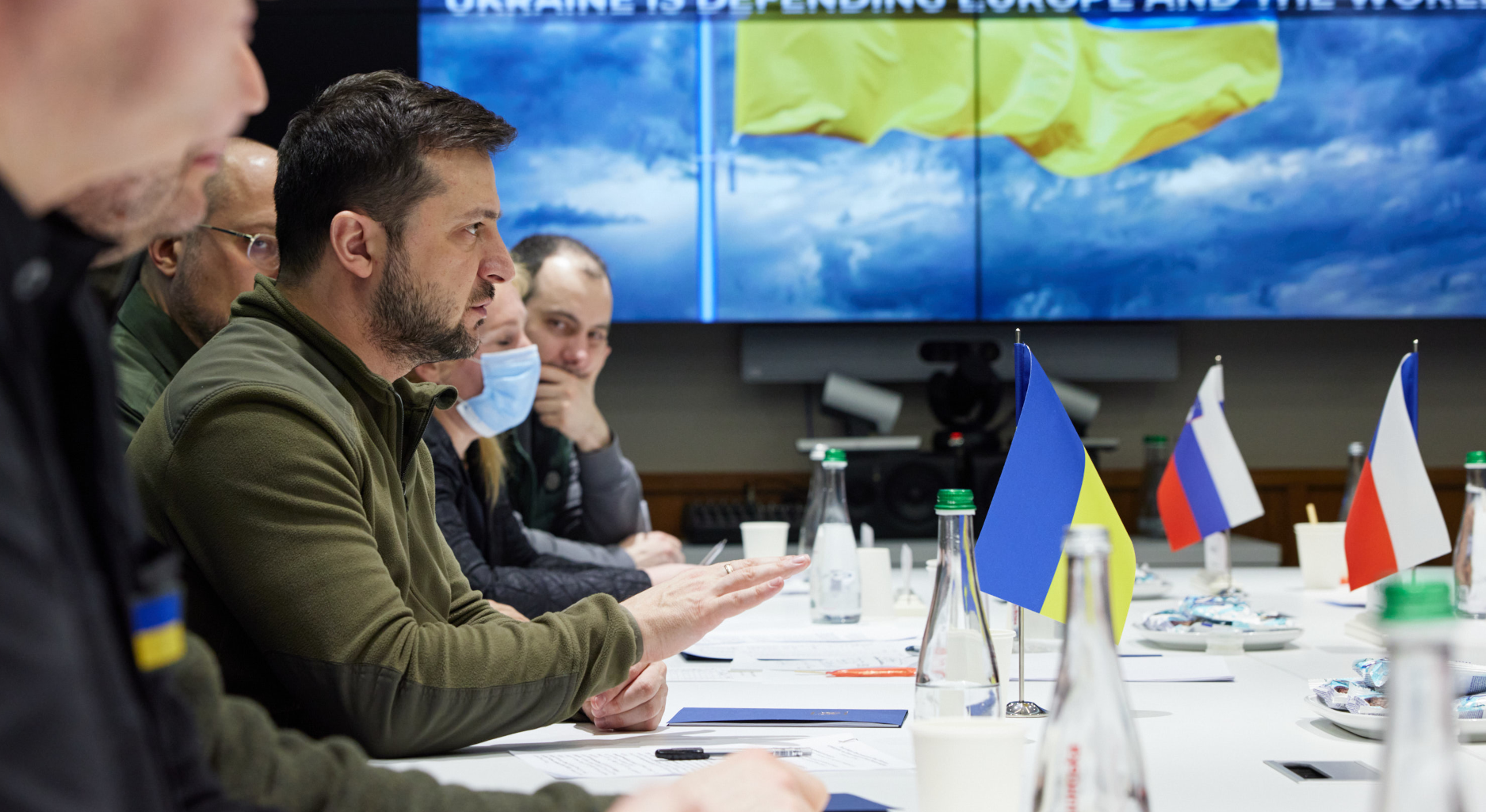Schlagwort: Diplomatie
In a time of escalating global crises, German foreign policy faces immense pressures. Yet, German policymakers and experts rarely discuss the institution tasked with executing German diplomacy: the Federal Foreign Office. While the German Bundestag is currently debating drastic cuts to the ministry’s budget, parliamentarians are not debating overdue reforms in the Foreign Office. This is a problem, because any significant changes to the ministry will require attention and pressure from parliament.
Ein ungewöhnlicher Gefangenenaustausch: Win-Win oder ein gefährlicher Präzedenzfall?
Der am 1. August 2024 in Istanbul durchgeführte Austausch von insgesamt 26 Personen zwischen Russland und mehreren westlichen Ländern ist einer der größten und ungewöhnlichsten Austausche von Gefangenen seit dem Ende des Kalten Krieges. Die Entscheidung, zehn russische Agenten im Gegenzug für die Freilassung von 16 in Russland und Belarus inhaftierten russischen und westlichen Politikern und Journalisten aus der Haft zu entlassen, stößt jedoch vor allem in Deutschland auf heftige Kritik.
The Power of Not Using Power: China and the Saudi-Iranian Rapprochement
The intensifying systemic rivalry between great powers also involves contesting the most effective approaches to conflict resolution and mediation. The most recent Beijing-mediated détente between Saudi Arabia and Iran has ignited heated debates regarding its longevity and China’s rising profile in the region. While the Middle East may still be a region largely inhospitable to outsider mediation, there are three good reasons why Beijing’s latest foray into Middle East peace diplomacy may be effective. The article argues that China’s hitherto successful mediation between Saudi and Iran lies in its power of not using power—the ability to leverage its growing geoeconomic influence while refraining from the use of coercive power in regional affairs. This approach aims at providing an alternative approach to external powers’ engagement in Middle East peace affairs.
Arab States’ Incentives Towards (not) Normalizing Relations with Syria – Islamists and Drug Trafficking?
Syria has returned to the stage of regional diplomacy with the readmission of Damascus to the Arab League after a 12-year suspension. The country’s comeback is the outcome of regional diplomatic efforts that started in 2018 but reached their climax after the devastating earthquake in Syria and Turkey in February. Normalization with Syria comes without any accountability for the crimes the Syrian regime has committed against its own people nor a change in behavior that would signal the end of the suffering of Syrians. We argue that despite international and regional factors setting the stage, domestic factors are Arab states’ main incentives for normalization.
Is Antarctica Still Exceptional? The Case for “Co-opetition” at the South Pole
Antarctic diplomacy has famously shielded the continent of peace, science, and environmental protection from outside conflict and war. This “exceptionalism” is now being tested by Russia’s war against Ukraine and the belief that international strategic competition between great powers is spilling over into the Antarctic. In order to keep the Antarctic exceptional, however, it would be wise to refocus on what has made Antarctic diplomacy so successful in the first place: cooperation in order to compete, or “co-opetition.”
Decoupling and the “New Cold War”: Cautionary Lessons from the Past
An emerging “new Cold War” appears to pit democracies, led by the US, against autocracies, led by Russia and China. But the analogy between today’s regime competition and that of the “old” Cold War is deceptive. China and Russia today are much more closely intertwined with Western democracies than the Soviet Union ever was. These linkages will complicate the conflict considerably. There is already growing pressure to engage in “decoupling”, that is, to break these interdependencies. Research on past instances of decoupling shows that such processes often exacerbate conflict. This research offers four lessons about the general dynamics of decoupling – and little cause for optimism about today’s disengagement processes.
Xi and Putin’s Strategic Tango: Unpacking the Complexities of Russia-China Relations After the 2023 Moscow Summit
The March 2023 state visit of Chinese president Xi Jinping to Russia has attracted significant attention, and has been described as symbolic of growing cooperation between authoritarian states opposed to the current world order. However, as we argue in a recently-published article based on a review of Russian and Chinese expert statements, this partnership should best be understood as a limited, strategically motivated cooperation against shared threat perceptions. Meanwhile, there is much less agreement on normative questions, let alone a shared vision of an alternative world order.
Why Israel Backs Azerbaijan in Nagorno-Karabakh Conflict: It’s Not About Armenia
Amidst the devastation caused by the recent earthquakes in Turkey on 6 February, Iranian Foreign Minister Hossein Amir Abdollahian made a strong statement warning against the threat posed by the Zionist regime to peace and stability in the region. Specifically, he pointed to Israel’s involvement in the Nagorno-Karabakh conflict, where Azerbaijan emerged victorious with significant support from Israel in the form of technology and arms. But why did Israel get involved in a conflict thousands of miles away, with no direct interests? In this post, we’ll take a closer look at Israel’s strategic partnerships with Azerbaijan and Turkey, and how they tie into its involvement in the Nagorno-Karabakh conflict.
Schießen und verhandeln – in vielen Konflikten kein Gegensatz
Schon kurz nach dem Überfall auf die Ukraine begannen die Kriegsparteien zu verhandeln. Viele Kommentare kritisierten, es passe nicht zusammen, zu verhandeln und gleichzeitig zu schießen. Ein einflussreicher Forschungsstrang in der Politikwissenschaft widerspricht dem. Ihm zufolge fassen viele Konfliktparteien Krieg als Teil des Verhandelns auf. Begreift man das vor allem als erschreckende Beobachtung und weniger als zynische Politikempfehlung, dann wird verständlicher, warum viele Verhandlungen erst spät oder nie zu einem Ende des Krieges führen.
The Tricky Politics of Recognizing Armed Non-State Actors
The new volume “Armed non-state actors and the politics of recognition” by editors Anna Geis, Maéva Clément, and Hanna Pfeifer discusses armed non-state actors and their strategic pursuit of being recognized as political actors. It includes methodological considerations as well as case studies from China, Ireland, Lebanon, Nigeria and, Sudan among others. The contributions study the strategic choices that state leaders, citizens, international organizations, and others make in granting such recognition, denying it, or recognizing on their own terms.
